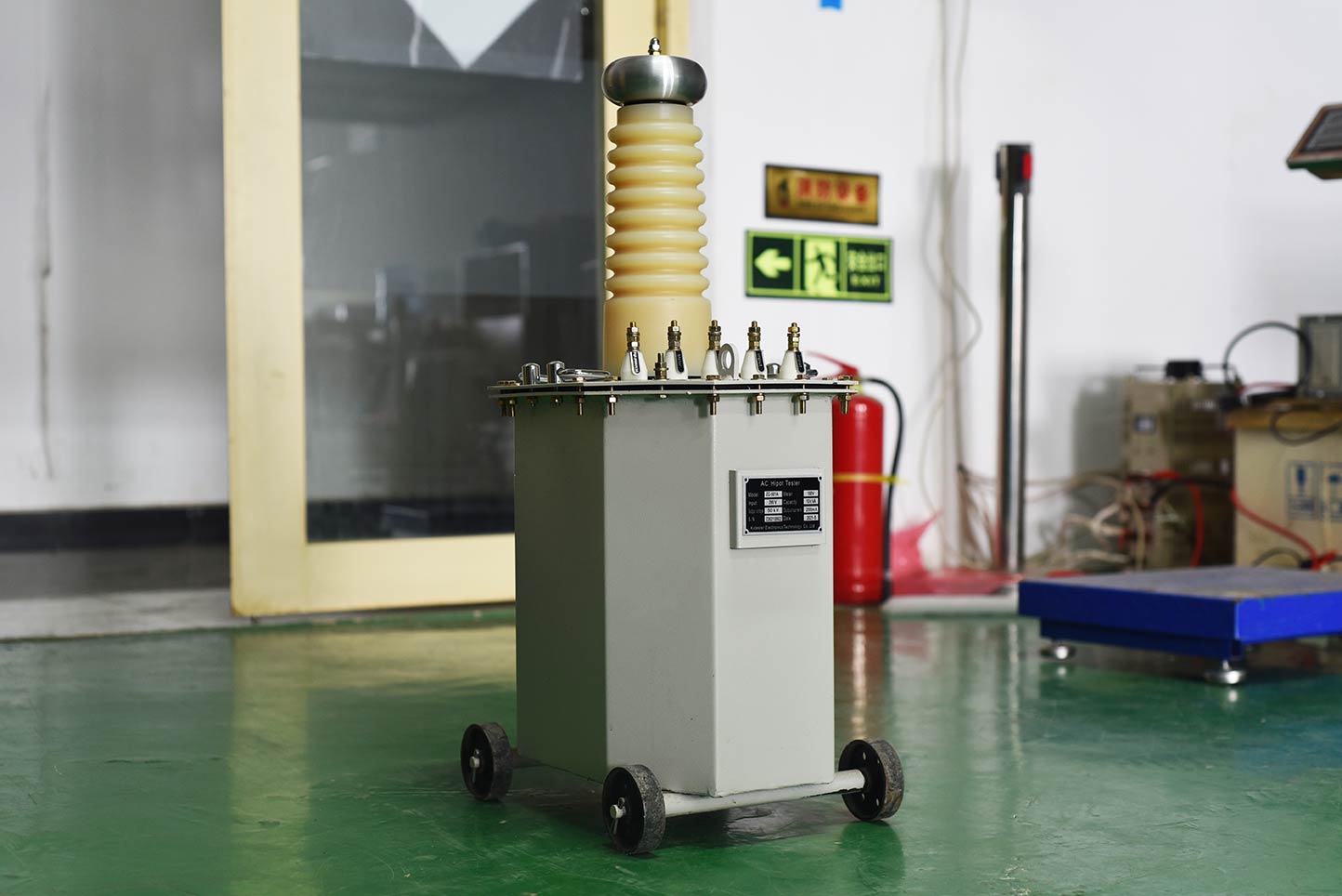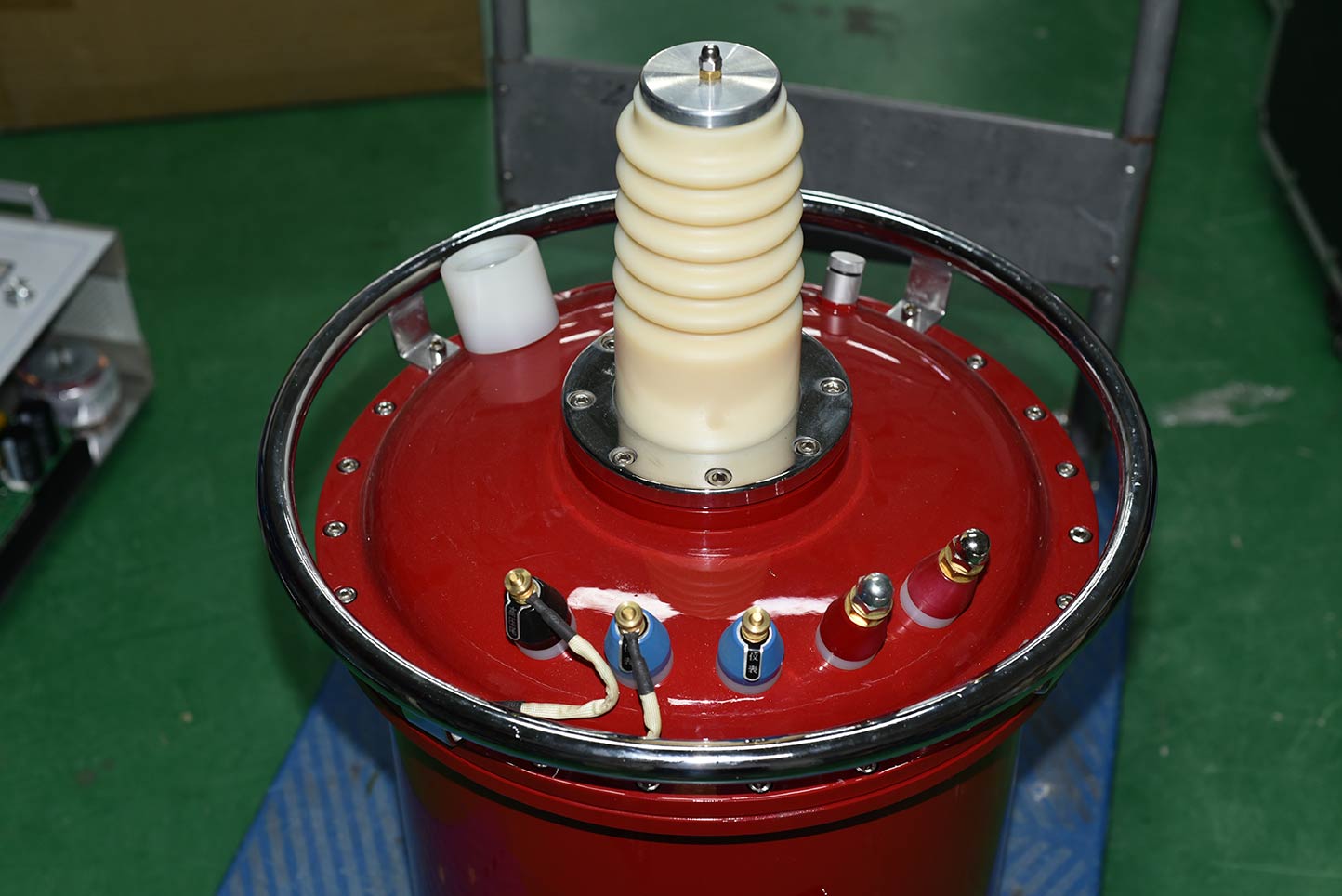The main factors affecting the insulation performance of transformers during operation are temperature, humidity, oil protection methods, and overvoltage effects. Therefore, controlling these factors within a reasonable range is a key element to ensure the safe use of transformers.
1. The influence of temperature
The power transformer is insulated with oil paper, and the moisture in the oil paper has different equilibrium curves at different temperatures. In general, as the temperature increases, the water in the paper will settle into the water tank; Otherwise, the paper will absorb moisture from the oil. Therefore, the higher the temperature, the greater the water content of the insulation oil in the transformer; On the contrary, the water content is small.
When the temperature is different, the degree of dissolution and chain breakage of cellulose produced with gas varies. At a certain temperature, the yields of CO and CO ₂ are constant, indicating a linear relationship between the gas content of CO and CO ₂ in the oil and time. With the continuous increase of temperature, the generation rate of CO and CO ₂ shows an exponential growth trend. It can be seen that the content of CO and CO ₂ in oil is directly related to the thermal aging of insulation paper, and the change in content can be used as one of the standards to determine whether the paper layer in sealed transformers is abnormal.
The lifespan of a transformer depends on the degree of insulation aging, which in turn depends on the operating temperature. Under rated load, the average temperature of the oil immersed transformer winding rises to 65 ℃, and the maximum temperature rises to 78 ℃. If the average ambient temperature is 20 ° C, the hottest point temperature is 98 ° C; At this temperature, the transformer can operate for 20-30 years. If the transformer is overloaded, the temperature will increase, thereby shortening its lifespan.
2. The impact of humidity
The trace moisture in insulation oil is one of the important factors affecting insulation performance. The presence of trace amounts of moisture in insulating oil poses a significant threat to the electrical and physical chemical properties of the insulating medium. Moisture will reduce the spark discharge voltage of insulation oil, increase the dielectric loss factor, promote insulation oil aging, and deteriorate insulation performance. Damping of equipment not only reduces the operational reliability and service life of power equipment, but also causes equipment damage and even endangers personal safety.
3. The impact of oil prevention methods
The effect of oxygen in transformer oil accelerates the insulation decomposition reaction, and the content of oxygen is related to the protection method of the oil. In addition, different water pools also have different ways of dissolving and diffusing CO and CO2 in oil. For example, with a small solubility of CO, open transformer CO can easily diffuse into the oil surface space. Therefore, the volume fraction of CO in open transformers generally does not exceed 300x10-6. For sealed transformers, due to the insulation between the oil surface and the air, CO and CO2 are not easily volatile, resulting in a higher content.

4. Effects of overvoltage
① The impact of transient overvoltage
The phase to ground voltage generated by the normal operation of three-phase transformers is 58% of the phase voltage. However, in the event of a single-phase fault, the main insulation voltage of the neutral grounding system increases by 30%, and the main insulation voltage of the neutral grounding system increases by 73%. If the neutral point is not grounded in the system, it may damage the insulation.
② The impact of lightning overvoltage
Due to the steep overvoltage wave caused by lightning, the voltage distribution on the longitudinal insulation (inter turn, parallel, insulation) is very uneven, which may leave discharge marks on the insulation, thereby damaging the solid insulation.
③ The impact of working overvoltage
Due to the smooth operation of the overvoltage head, the voltage distribution is approximately linear. When the overvoltage wave is transferred from one winding to another, it is roughly proportional to the number of turns between the two windings, which may lead to deterioration and damage of the main insulation or interphase insulation.
5. The influence of short-circuit electromotive force
The electromotive force during a short circuit of the outgoing line can cause deformation of the transformer winding, causing the outgoing line to shift, thereby changing the original insulation distance, causing insulation to heat up, accelerating aging or damage, and causing discharge, arcing, and short circuit faults.

Kvtester Electronics Technology Co.,Ltd. is a high-tech enterprise specializing in power testing, testing, research and development, production, and sales of testing equipment. It has been engaged in the electrical testing industry for many years, and its products are of high quality. We welcome customers to come and purchase.






